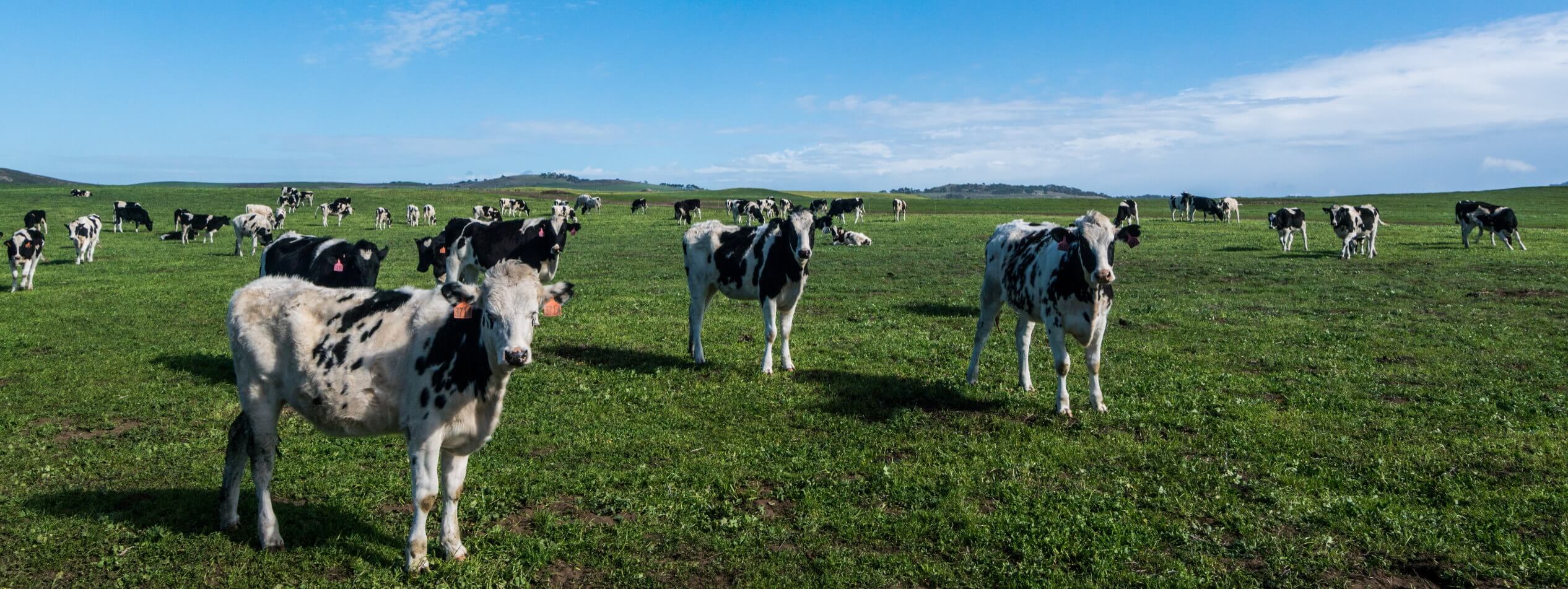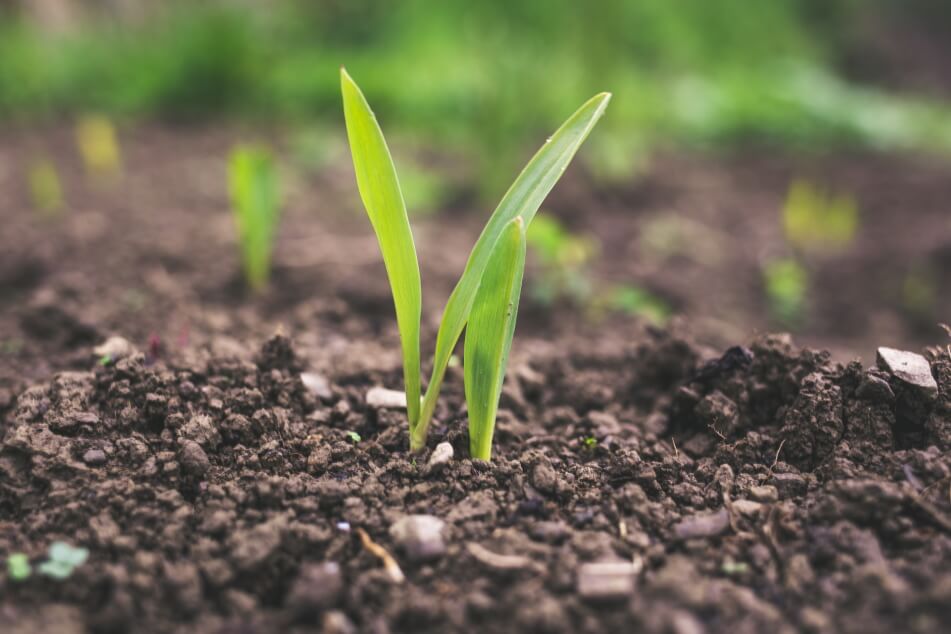First, a disclaimer. I am not naïve to the negative impacts that livestock agriculture has on the environment. Nor do I disagree with the huge amount of publications that point out the various environmentally destructive results of farming with animals. What I do disagree with, though, is the solution which suggests we should move to a plant-based diet.
I placed the word “can” specifically in the title, because what matters more than anything is how livestock farming is managed.
The big C-conversation
C can stand for climate change, but it can also stand for carbon. Livestock are pointed at as one of the major contributors to greenhouse gas emissions, and therefore climate change. And it is true – livestock do emit large amounts of greenhouse gases. Specifically methane. Methane gas is made up of hydrogen and carbon. There is that pesky carbon.
The thing is carbon is not negative in and of itself. It is only negative when there are excessive levels of it in the atmosphere. It becomes positive when there are large quantities of it in the soil. In the atmosphere it plays a negative role, in the soil it provides massive benefits to plants and the organisms that live in the soil.
If we can create a dynamic where we move the excessive carbon from the atmosphere into the soil, then we start winning. This dynamic is possible through good farm management and is the basis for regenerative agriculture.
Regenerative agriculture
Regenerative agriculture is about stopping and reversing the negative impact that conventional farming has had on the environment. It is especially focussed on restoring degraded soils. The best way to restore degraded soil is by building up the soil carbon levels. In other words, transferring carbon from the atmosphere to the soil.
The interesting thing about building soil carbon is that it works much more effectively when livestock are involved. This is obviously a bit of a dichotomy – if livestock are the problem, then how do they fit in as part of the solution?
No two farms are the same
This is where the conversation must become about the farm system and management practices on specific farms, rather than generalising about types of agriculture. We need to ask each farmer whether they are implementing practices that lead to restoration, or that lead to destruction. Fruit and vegetable farmers can farm destructively, and livestock farmers can farm restoratively.
Integrating livestock into previously crop-only farms, along with minimising tillage and planting cover crops, has been transformative to reversing the negative environmental impact of numerous farms. One just needs to Google regenerative agriculture to come across the stories of farmers like Gabe Brown. These are farmers who have transformed and restored their farms and are changing the farming landscape.
The solution
Many would propose plant-based diets as the solution to agriculture’s negative impact on the environment. I believe this to be narrow-minded and short-sighted.
I argue that a plant-only based diet is both implausible and not pragmatic: To eat or not to eat (animal produce), that is the question
It is narrow-minded because it does not consider the positive impact that livestock farming, done the correct way, can have. Not only that, but it also ignores the negative impact that plant-based foods can be produced in a non-sustainable/destructive way. It is short-sighted because it undervalues the numerous positive benefits that eating animal produce have from a health perspective, and the cultural value that livestock farming has all around the world.
I encourage you to think about farming from a restorative versus destructive, rather than a livestock versus plant-based perspective. There is a much bigger picture, and it is a lot more complex than reductive research will tell you. Therefore Trace & Save works directly with farmers to assist them in figuring out how to shift their farms to more regenerative practices and systems.
Further reading
The Great Meat vs Plant Debate: Has everyone gone completely mad? – Accessed 4 March 2020
- A carbon footprint assessment for pasture-based dairy farming systems in South Africa - 2024-02-07
- What progress have farms participating with Trace & Save made over the past 10 years? - 2023-09-06
- Carbon footprint reduction over time: Lessons from pasture-based dairy farms in South Africa - 2023-09-04


